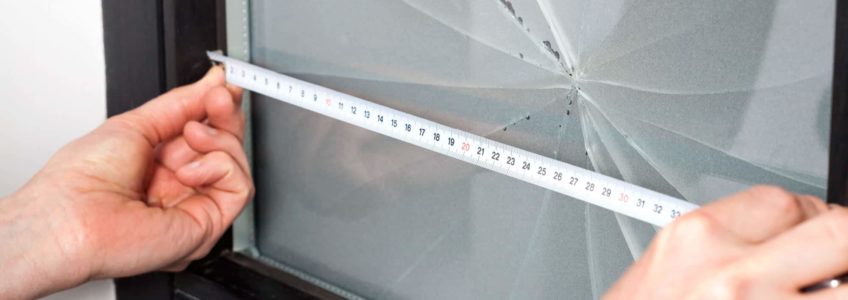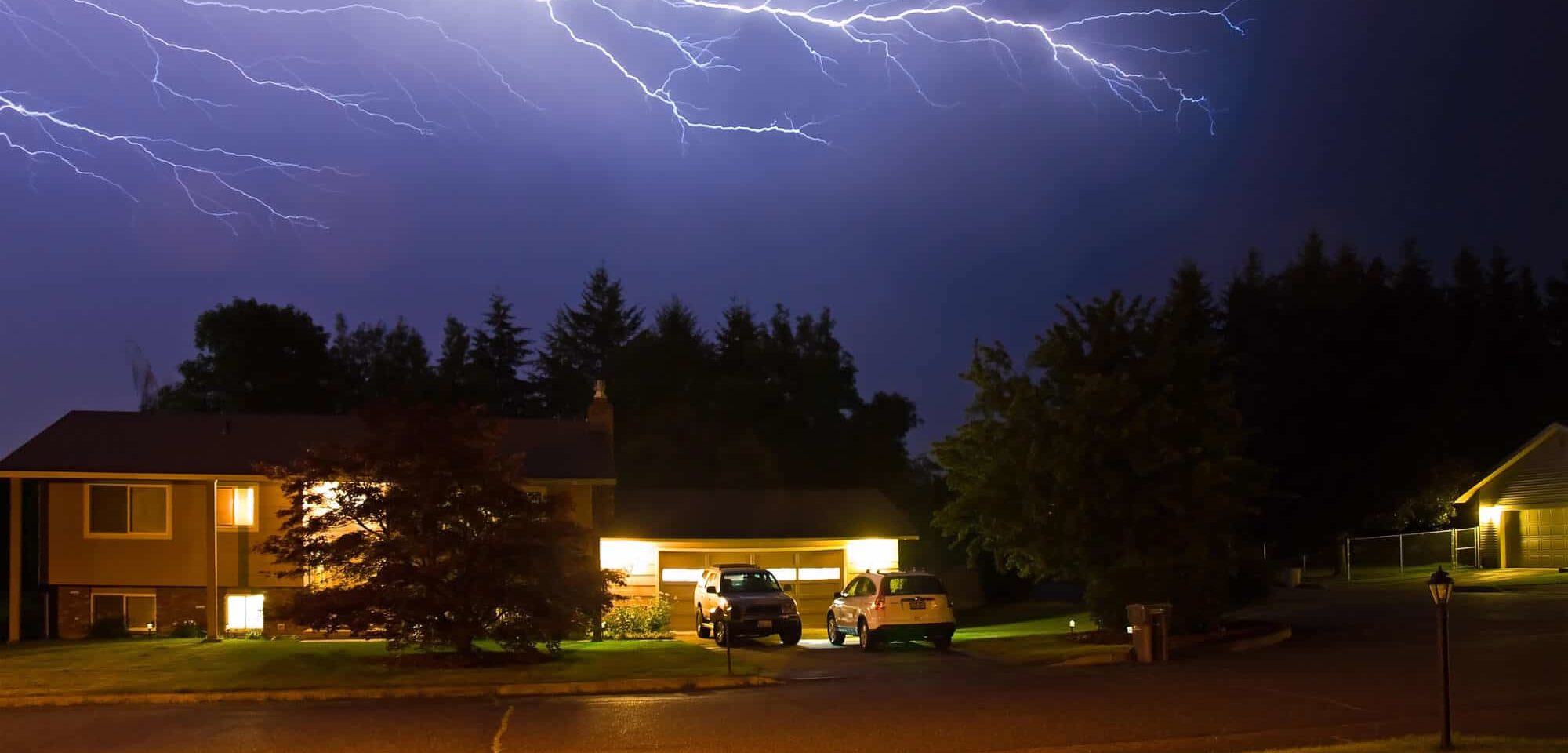
Windows are one of the first lines of defense for any home, and they take quite the beating throughout the year. Windows often withstand weathering from extreme temperatures, rain, hail, wind, snow, sleet, ice, and more, so it’s no surprise that they incur damage sometimes. While window technology has vastly improved in recent decades, there are still unforeseen events that can lead to you requiring an immediate window replacement.
Whether they’re small or large, cracks in windows are visually unappealing. What’s worse is that even the smallest crack can cause your home to lose precious amounts of energy. There are several different ways a window can be damaged, from natural elements to human-caused events. However, just as easily as damage can occur, windows can be replaced. Watch out for flying Wiffle balls and weird weather events and know what to do when damage does happen, so you can make sure your home remains safe and energy-efficient.
Common Causes of Window Damage
We all expect the windows in our homes to remain fully intact, even though they withstand some of the harshest weather and other potential impacts throughout the year. Although new technology allows for more assurance that your windows are incredibly durable, there is still a chance that they receive damage from things like weather, temperature, age, and other outside forces. Always complete a thorough check of your windows during the different seasons to ensure there is no damage present, and you’re not losing any energy. The following are common causes of window damage to look out for during the year:
Temperature and Climate
The most significant contributing factors to window damage are often temperature and climate. When fluctuating temperatures and weather impact your windows, cracks begin to form. There are two common types of cracks found in windows:
- Stress cracks: These cracks start small, around the edges of the window frame, and continue to grow into a network of fractures if not repaired properly.
- Pressure cracks: Most commonly found on insulated glass or double-pane windows, pressure cracks break in an hourglass shape and require immediate window replacement.
Extreme temperature fluctuations can significantly impact the integrity of your windows. Just like a piping hot glass will break when filled with cold water, large temperature differences can cause a window’s glass to break too. Suppose it’s an unseasonably cold day, and you turn up the heat to combat the falling Fahrenheit. In that case, small cracks may start forming near your window frame because of the significant temperature discrepancy.
The outside temperature can also impact your window’s integrity. Even if your house’s temperature is at an average level, if the external degrees begin to drop rapidly, your windows could be affected. If damage occurs and you need to replace your windows, take time to understand your local climate conditions. Windows in sunny Florida serve a much different function than those in frigid Minnesota.
 Weather Events
Weather Events
Storm damage is a costly impact of weather events, both large and small. Depending on where you live, the likelihood of some of these events occurring is much lower. However, in some locations, like Minneapolis and the rest of Minnesota, snow, ice, hail, and high winds can all affect the integrity of your windows in the wintertime, while tumultuous thunderstorms create havoc in the summer.
After a hail or ice storm, look for any dents, cracks, or other damage along the glass’s pane. If a falling tree branch comes into contact with your windows, ensure that no damage has occurred. If you notice small dents or cracks or complete shattering of the window, call a professional to repair or replace your windows right away.
Another way weather impacts your windows is by leaving behind moisture. Especially in humid climates, it’s essential to ascertain any level of damage through a window inspection. Humidity can lead to lingering moisture, which causes mold, mildew, and other damages that can cost you in the end.
Physical Forces
Although you hope they are few and far between, accidents are bound to arise that cause impact damage to a window. Physical forces like a rock thrown from under a lawnmower, birds flying at high velocity, or your children’s game of catch gone awry can all cause cracks or shattering in a home’s window. There is a slight chance of intruders damaging your windows in an attempt to break into your home (although, hopefully, that never happens).
Windows are also easily damaged if they’re slammed shut sharply. Slide your windows open and closed gently, with care to ensure they incur no damage during their use. Damage caused by physical forces is often unexpected and usually results in a total window replacement.
Window Age
Another common way that window damage occurs is due to age. Older homes outfitted with outdated windows are more susceptible to damage during everyday use. Simple acts like sliding the sash open and shut can cause cracking. If your windows are older and worn down, consider replacing them with more durable and efficient alternatives.
Replacing Your Damaged Windows
When damage occurs to your windows, it’s essential to move quickly in getting them repaired or replaced. After severe temperature fluctuations, storm damage, or outside forces affect your windows, call a professional for a window inspection.
Although a contractor might say only a quick repair is required, don’t waste your time temporarily treating broken glass. In most situations, a total replacement is necessary. While this might seem like a more costly option than a simple repair for a small dent or crack, it guarantees that your window will continue to work well for years to come. When appropriately installed, windows protect from the weather and help keep warm and cold air in, so your home remains energy-efficient.
The bottom line is that you need to replace your windows when damage happens. Windows are one of your home’s best lines of defense against harsh weather and the outside elements. Whether your children accidentally broke the window playing ball or a large branch broke through and shattered the entire pane, you need to act fast to replace them. Contact a professional after a storm or any other window damages occur to replace them properly.

 Weather Events
Weather Events